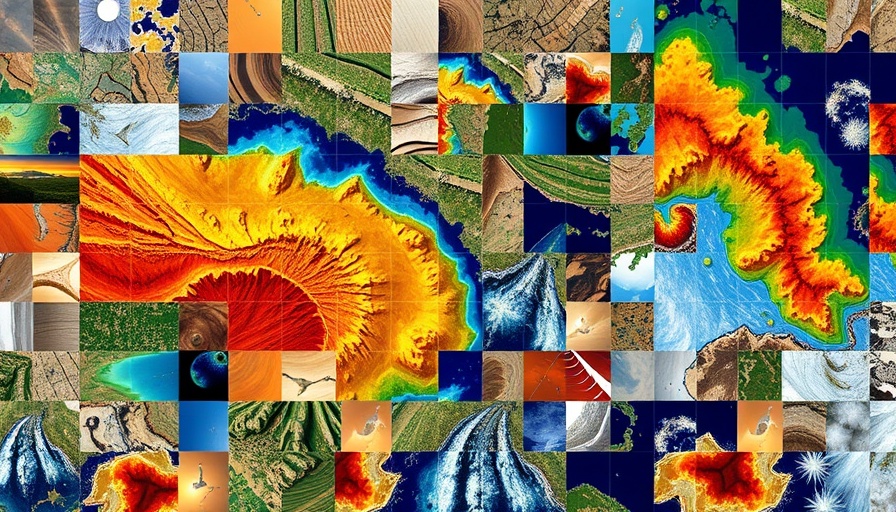
Mapping Our World with AI: The Unfolding Revolution
Imagine being able to explore every corner of our planet in stunning detail, all thanks to artificial intelligence. “AlphaEarth Foundations” is doing just that. This innovative project uses advanced AI algorithms to create detailed maps that enhance our understanding of geography and the environment. What makes this possible is the combination of AI advancements and big data, allowing us to visualize landscapes with unprecedented clarity.
The Power of AI and Big Data
Big data is more than just a buzzword; it's the backbone of AI advancements. By tapping into vast amounts of data, researchers can develop AI-powered tools that extract valuable insights. This not only aids in creating detailed maps but also supports numerous industries. The technology harnessed by AlphaEarth Foundations exemplifies how AI is shaping our ability to understand the world around us.
AI for Our Planet: Environmental Impact
The environmental benefits of AI applications cannot be overstated. By providing detailed maps of our environment, AI helps scientists and policymakers monitor climate change, manage natural resources, and respond to environmental challenges. Knowing how and where to act can make a significant difference in how we preserve our planet for future generations.
Collaboration Between AI and Humans
AI is not just a mechanical tool; it is a partner in our journey toward understanding and protecting our world. Collaboration between AI systems and humans offers new possibilities for innovative thinking and creative solutions to global issues. For instance, environmental scientists can utilize these smart AI applications to predict changes and devise strategies for sustainability.
The Future of AI: Opportunities and Challenges
As AI continues to evolve, so does the conversation about its ethical implications. There are challenges that come with implementing such advanced technologies. From ensuring that data is used ethically to addressing concerns about job displacement, the potential impact of AI is immense. It is essential for society to engage in these discussions to navigate the moral landscape effectively and ensure AI serves the greater good.
What This Means for You
Why should this matter to you? Understanding AI and its applications can empower you. Whether you are a student, a professional in the tech field, or just someone interested in the future, knowing how AI can transform our planet is significant. Dive into this world of AI innovation and explore how you might leverage these technologies in your own life.
Join the Conversation
It is clear that AI is not only mapping our planet but also shaping our future. Getting involved in discussions about AI advancements can help you stay informed about how these technologies can impact us all. By being an active participant, you help shape how AI will be integrated into our lives in a responsible and beneficial manner.
 Add Row
Add Row  Add
Add 




Write A Comment